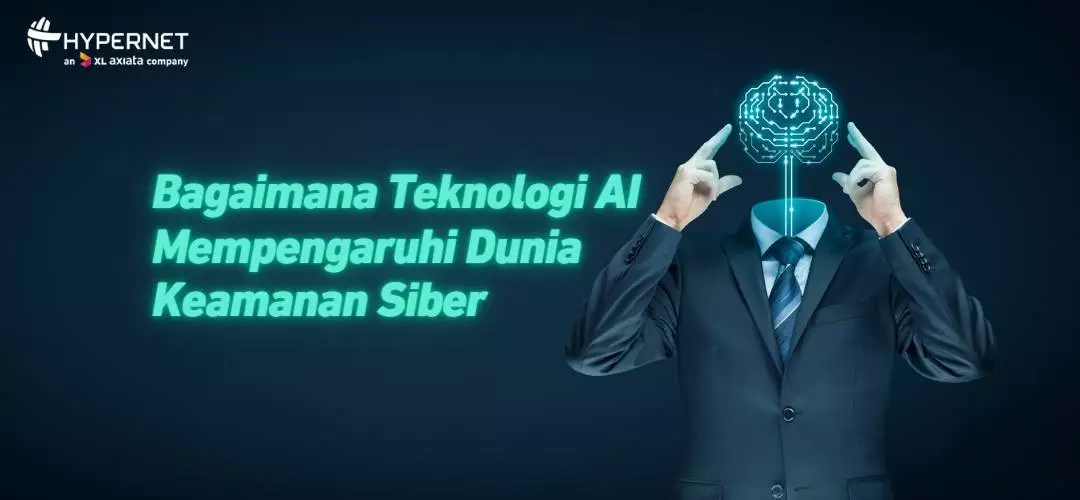Artificial Intelligence (AI) is a hot topic of conversation these days. AI is already pervasive in our daily lives, from the mundane things like helping humans with their daily chores, to the “viral” things like creating images from text prompts.
Together with Machine Learning (ML), AI has both positive and negative effects on cybersecurity. Both learn to respond to different situations by copying and adding additional information over time.
Cybersecurity is actually one of the products of AI. AI, ML, and threat intelligence can recognize patterns in data that allow security systems to learn from previous experiences. AI and ML allow companies to reduce incident response times and provide best security practices.
Advantages of AI in improving cybersecurity
AI can improve cyber threat detection
Powered by advanced algorithms, AI can detect malware and recognize patterns. Advanced AI can detect the smallest behaviors of malware and ransomware attacks before they enter the system.
AI can hunt down cyber threats more effectively and efficiently
Applying AI to hunt down cyber threats enables faster response times and better response recommendations. Enterprise IT staff can move from a reactive response to a more proactive response.
AI can detect phishing
AI using ML and data analysis can learn to examine content and context. Then, the results can be used to understand typical user behavior and can identify potential threats and anomalies in emails.
AI secures authentication
Users who want to log into their accounts will have to go through a number of processes provided by AI. Secure authentication can be done by using facial recognition, fingerprint transfer, and CAPTCHA. AI processes the information collected by these features to detect whether the login attempt being made is genuine or not.
AI weaknesses that help increase the risk of cyber threats
AI has limitations that prevent it from becoming a mainstream security tool, namely:
AI is resource-intensive and expensive
Companies need to invest a lot of time and money in resources such as computing power, memory, and data to build and maintain AI systems.
AI requires data sets before it can do its job
AI models are trained by studying data sets. Security teams need to obtain many different data sets of malicious codes, malware codes, and anomalies. Certain companies do not have the resources and time to get all these accurate data sets.
AI is also used by hackers to hack into company systems
Cybercriminals test and improve their malware to be resistant to AI-based security tools. These hackers learn from existing AI tools to develop more sophisticated attacks. After that, they will launch attacks on traditional security systems and AI-powered systems.
AI leveraged for neural fuzzing
Fuzzing is the process of testing large amounts of random input data in software to identify vulnerabilities. Neural fuzzing utilizes AI to quickly test large amounts of random input. However, fuzzing can also be utilized by hackers to learn the weaknesses of the target system by gathering information aided by the power of neural networks.
As stated above, AI has greatly influenced the world of cybersecurity. Together with ML, they can improve security, but at the same time make it easier for cybercriminals to penetrate the system without human intervention.
Hypernet provides security protection against cybercriminals with secure network management. Contact our CS for further information.



